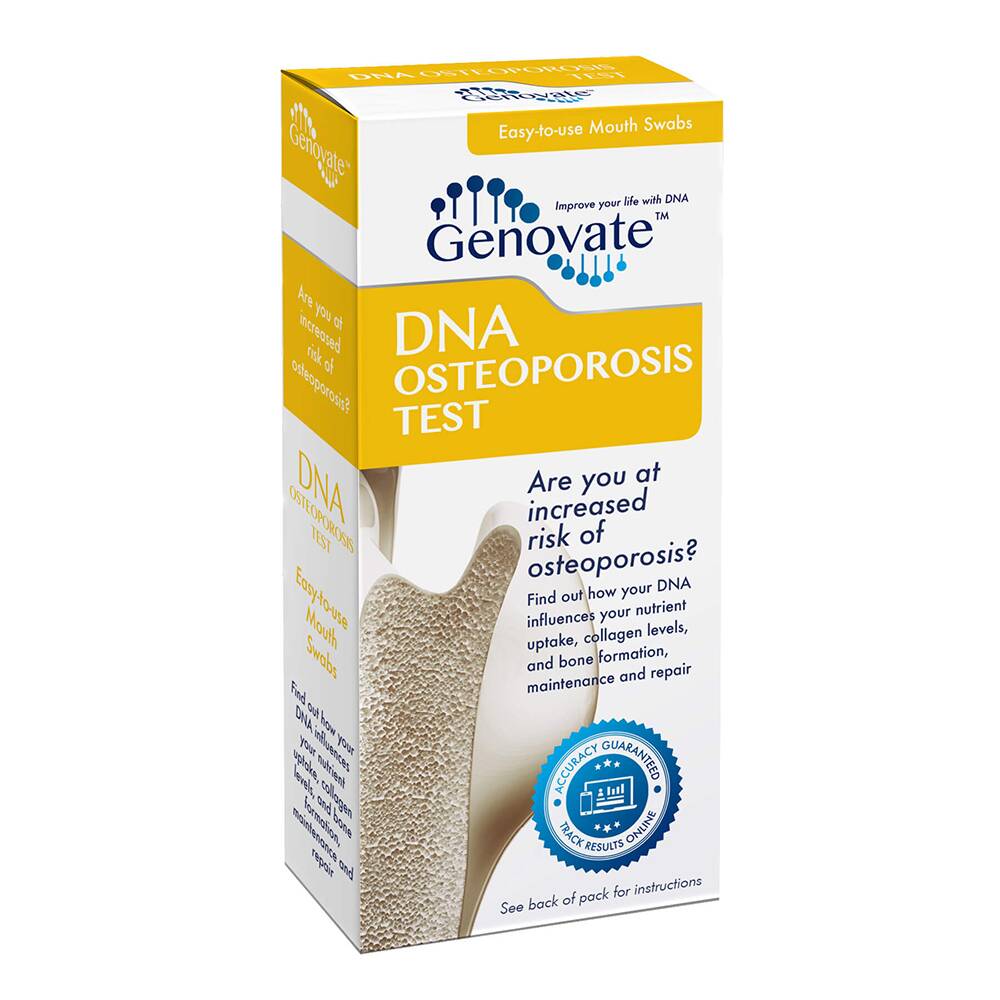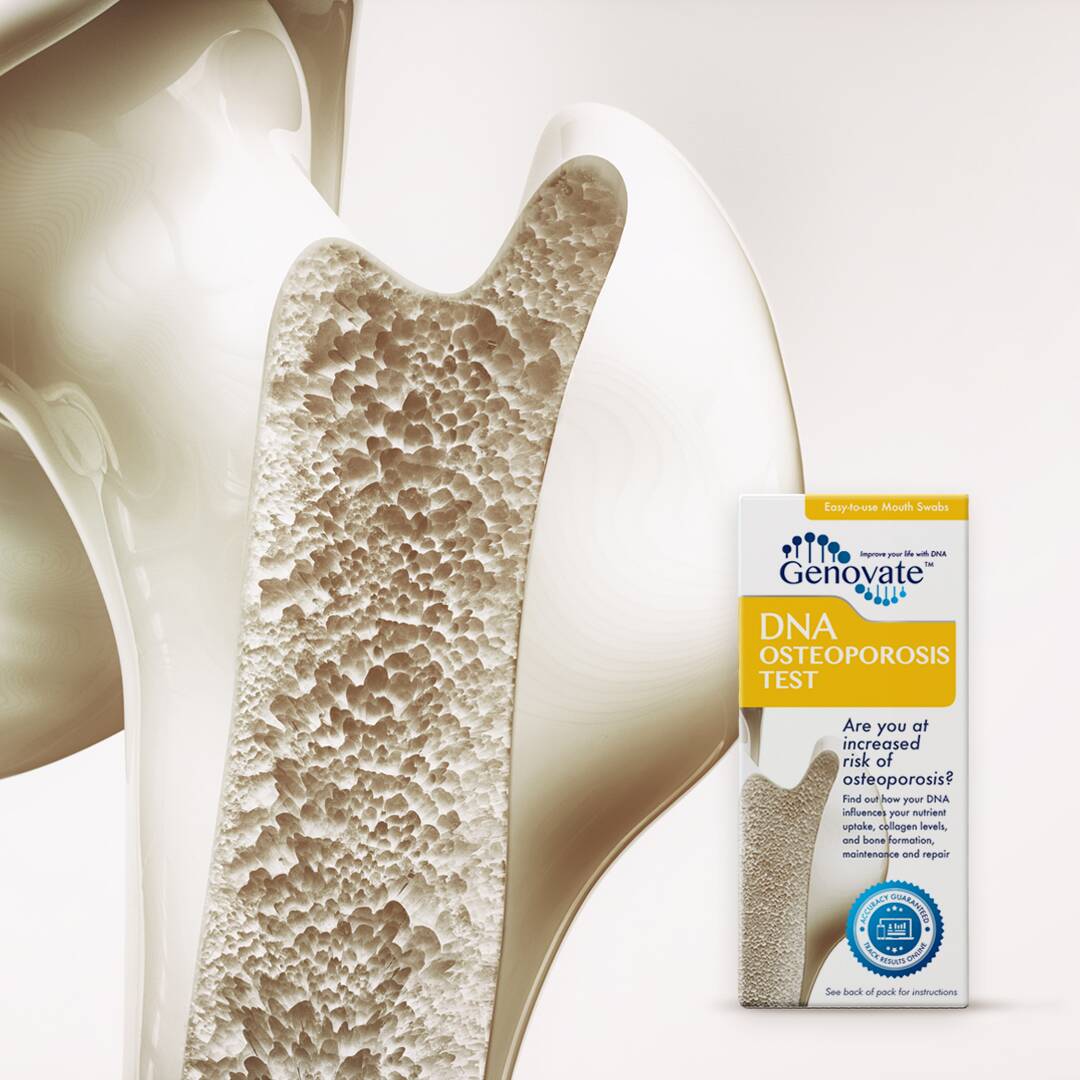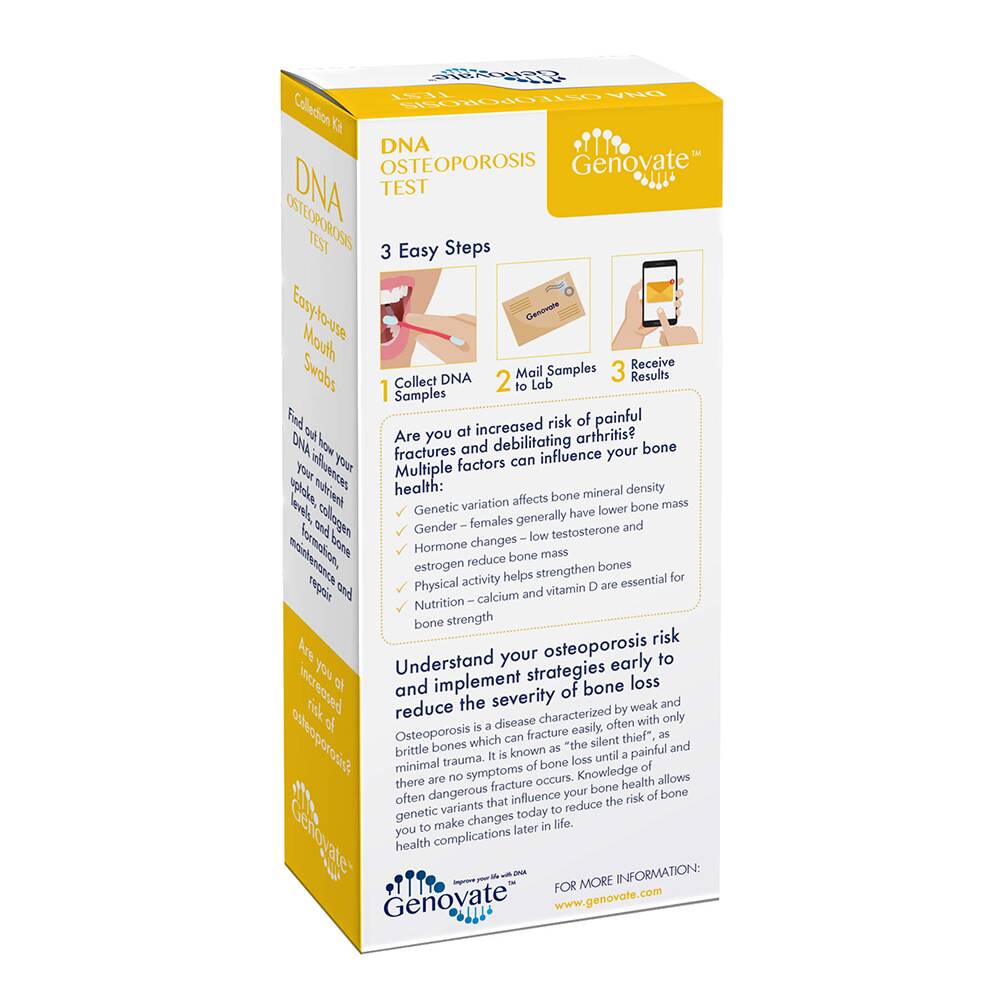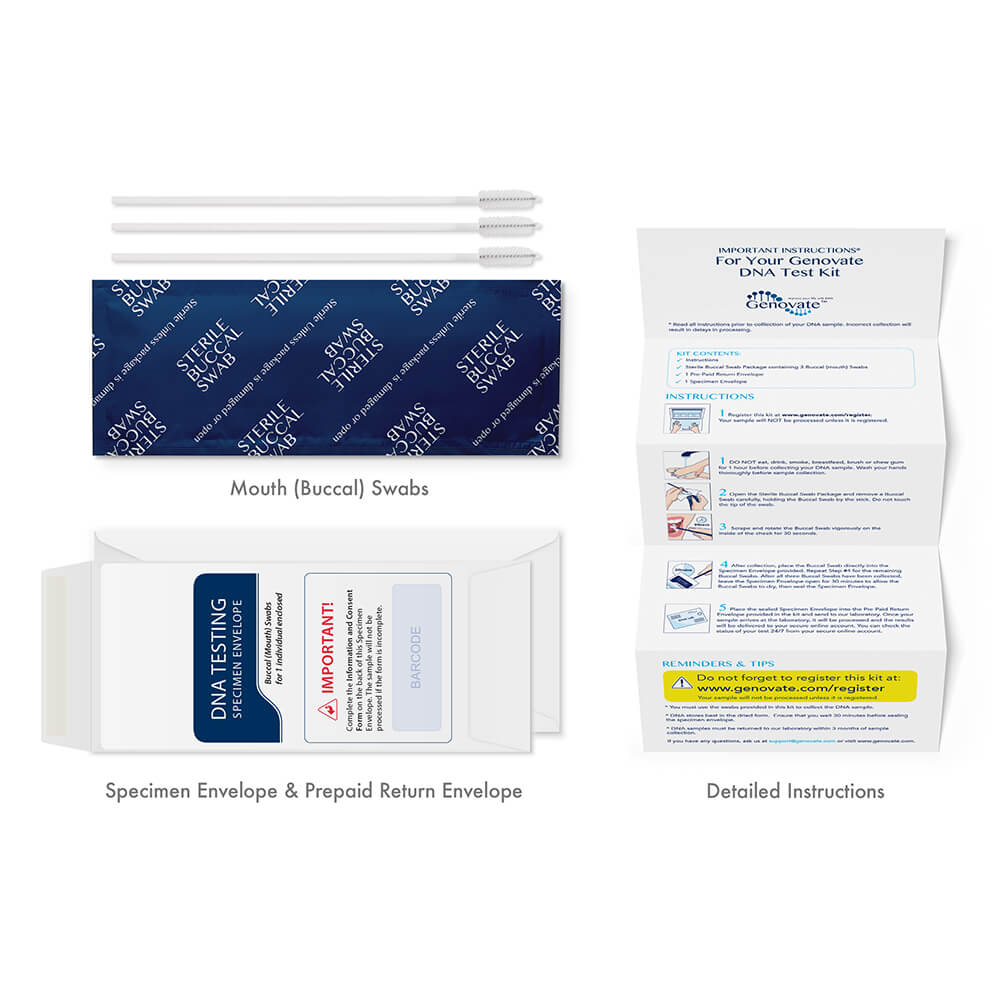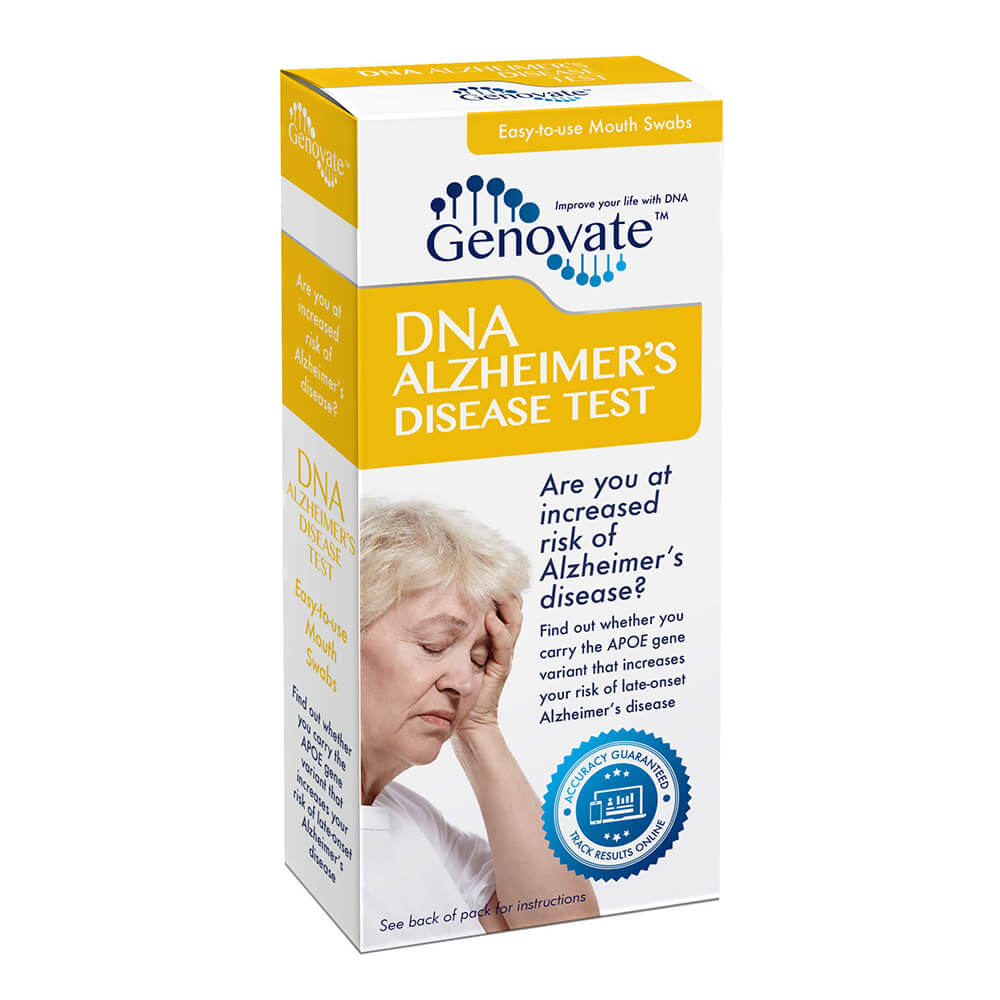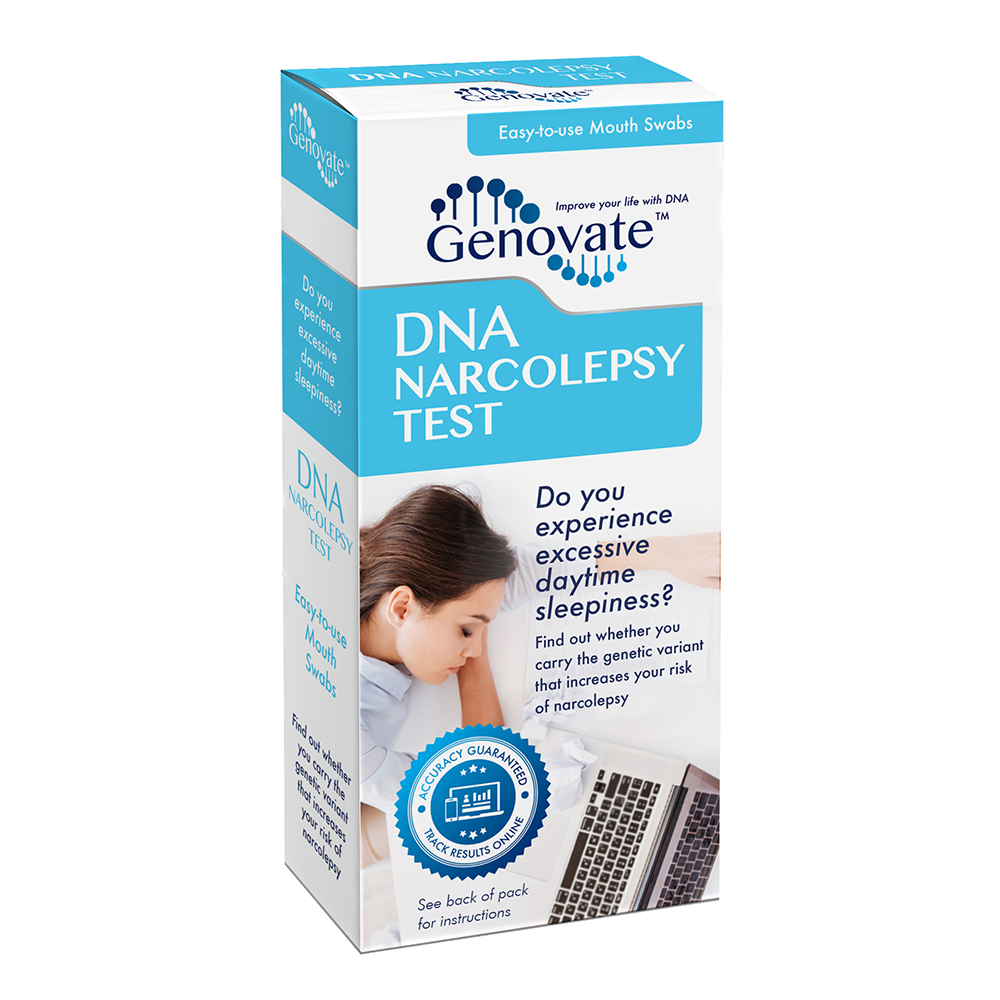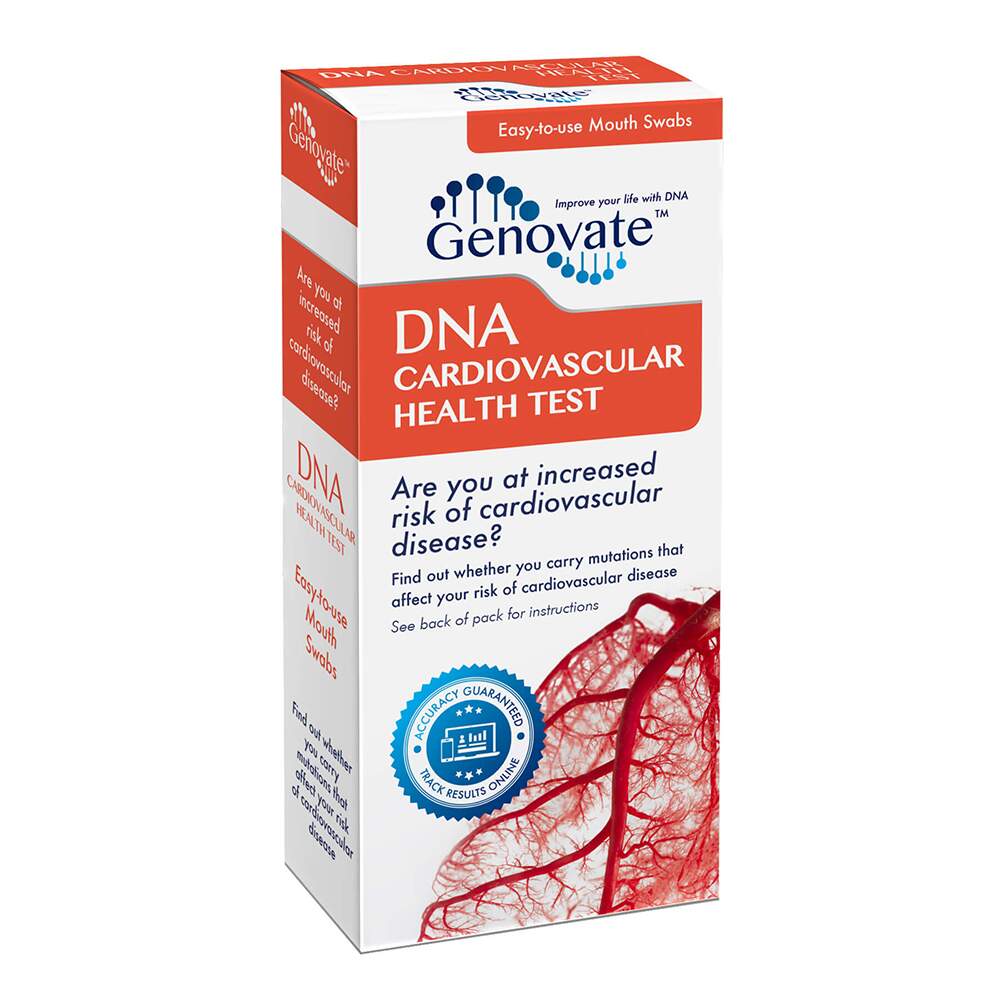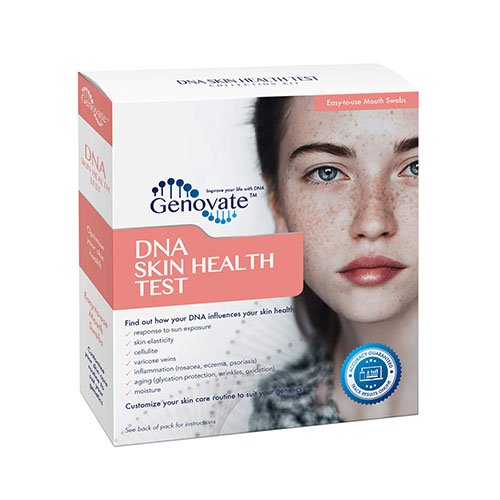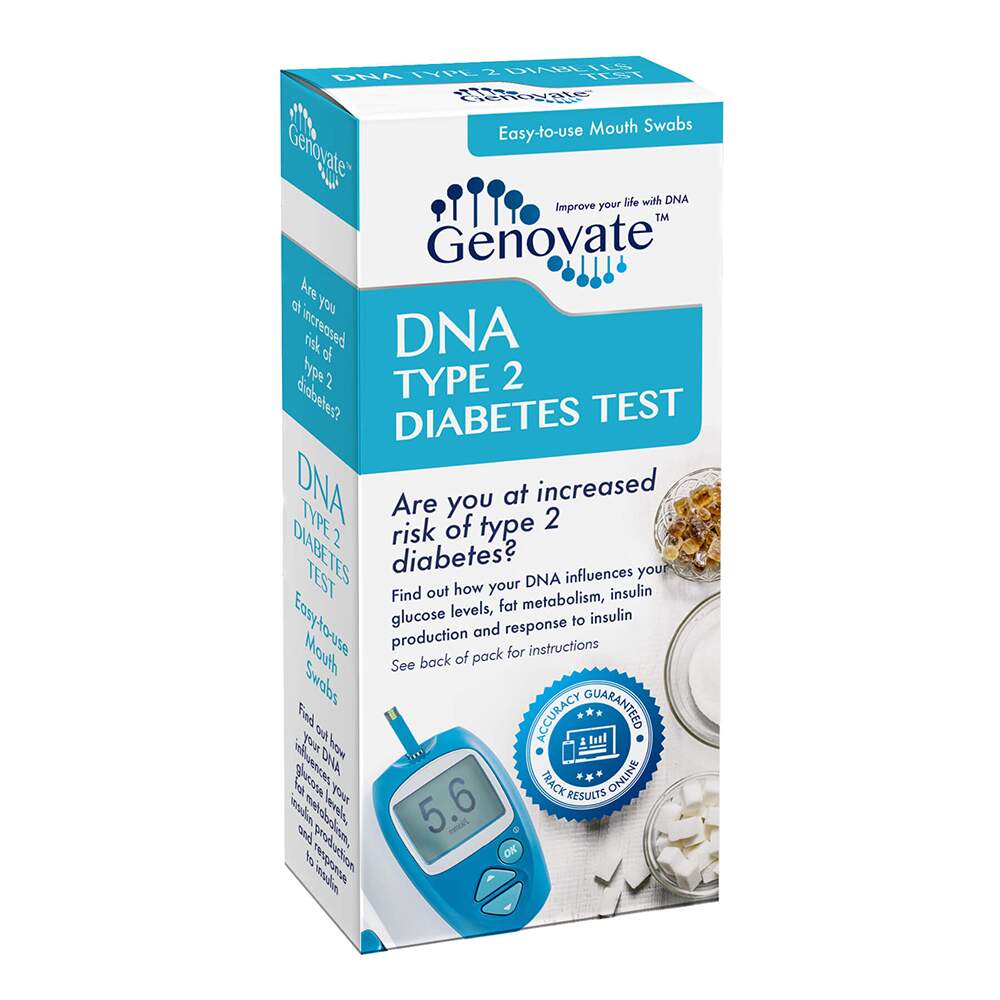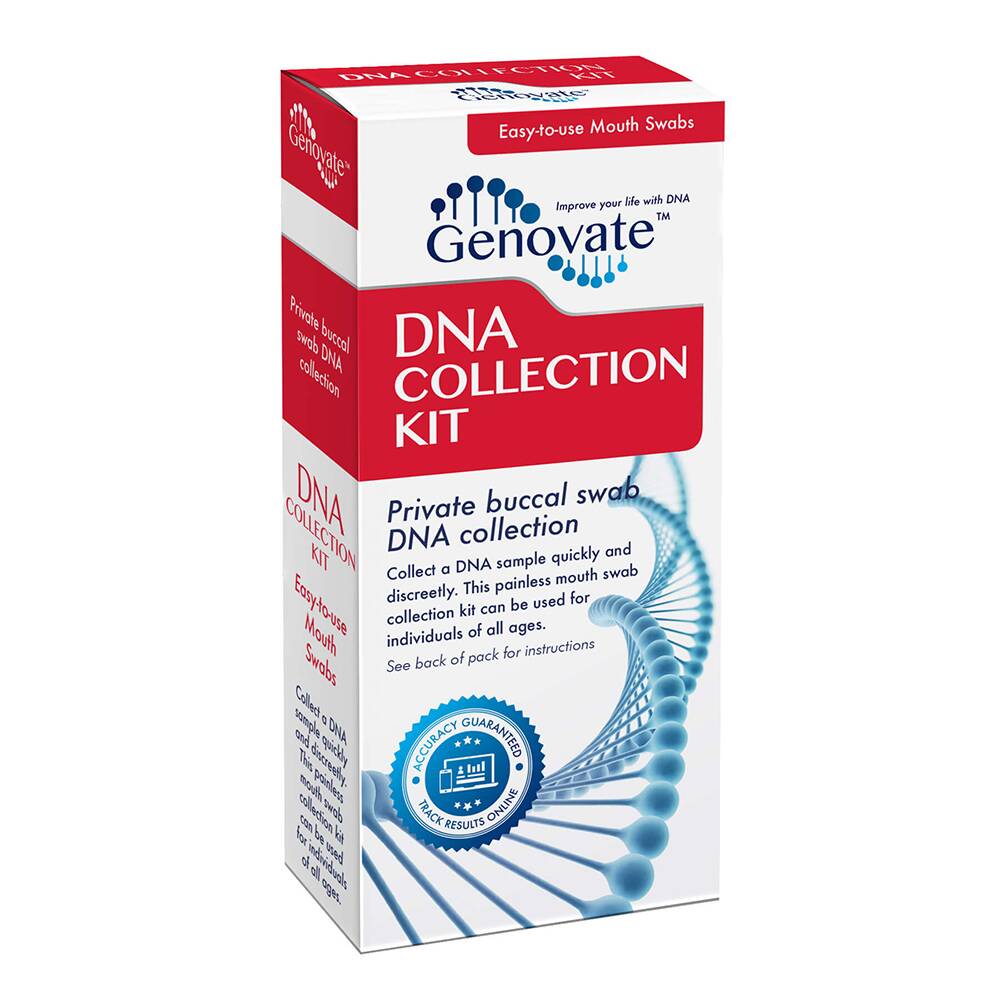Osteoporosis Risk DNA Test
$195.00
Are you taking proper care of your bones? This DNA test can help you understand your genetic risk of osteoporosis and osteoarthritis.
- Includes genetic variants that affect bone and cartilage health
- Inheriting one or more variants may increase the risk of osteoporosis
- Painless sample collection
- Take the steps necessary to improve your bone health now
Osteoporosis and Osteoarthritis
Osteoporosis is a disease characterized by weak and brittle bones. People with osteoporosis are highly susceptible to bone fractures, often with minimal trauma. It’s a disease affecting the elderly that becomes more apparent with age. Fractures from osteoporosis are more common than heart attack, stroke and breast cancer combined.
Osteoarthritis is a joint disease characterized by the breakdown of the protective cartilage within joints and surrounding bone tissue. People with osteoarthritis suffer from joint swelling, pain and reduced joint motion. Commonly affected joints are in the hands, lower back, hips and knees.
Take this test to see whether you have inherited any genetic variants that compromise the health of your bones and joints.
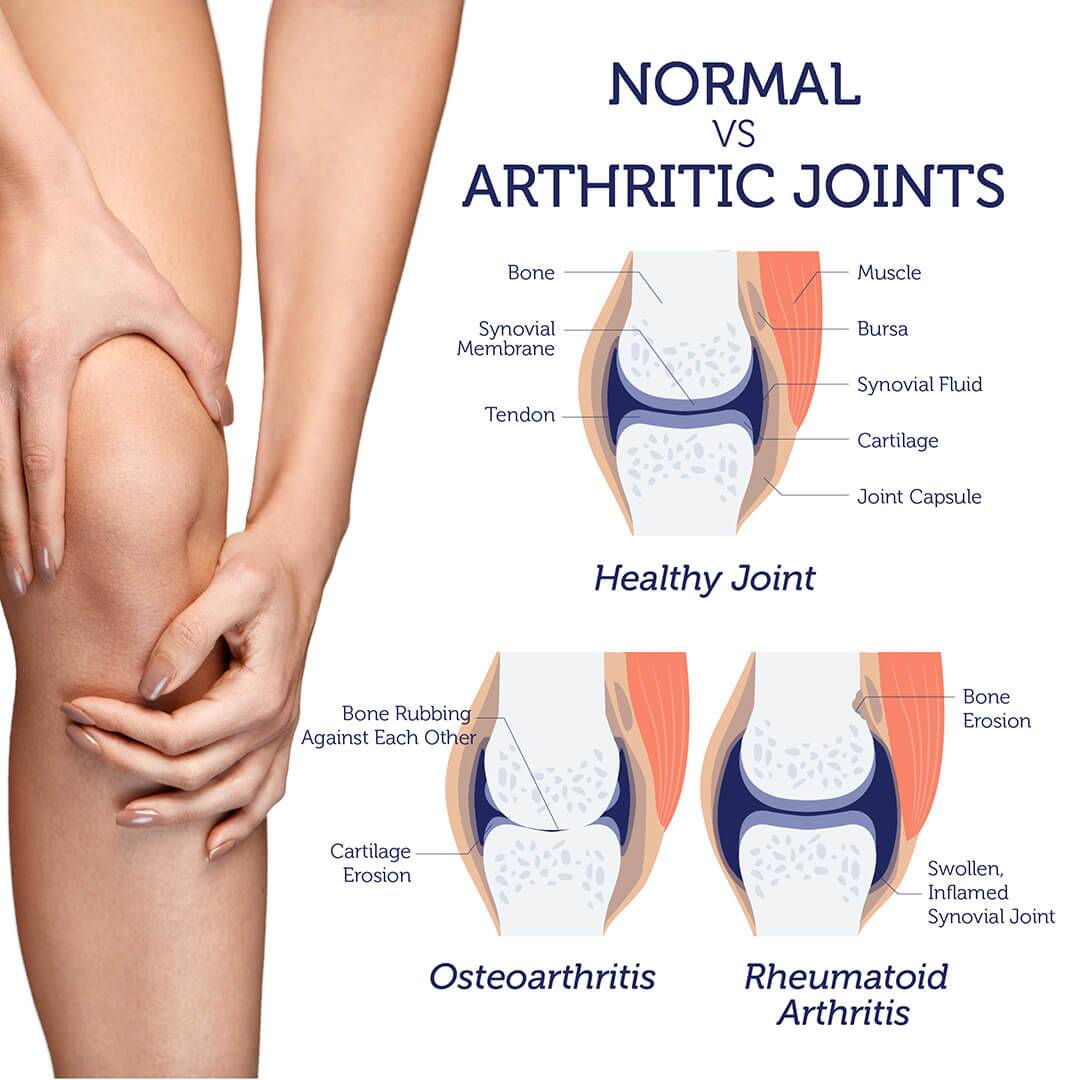
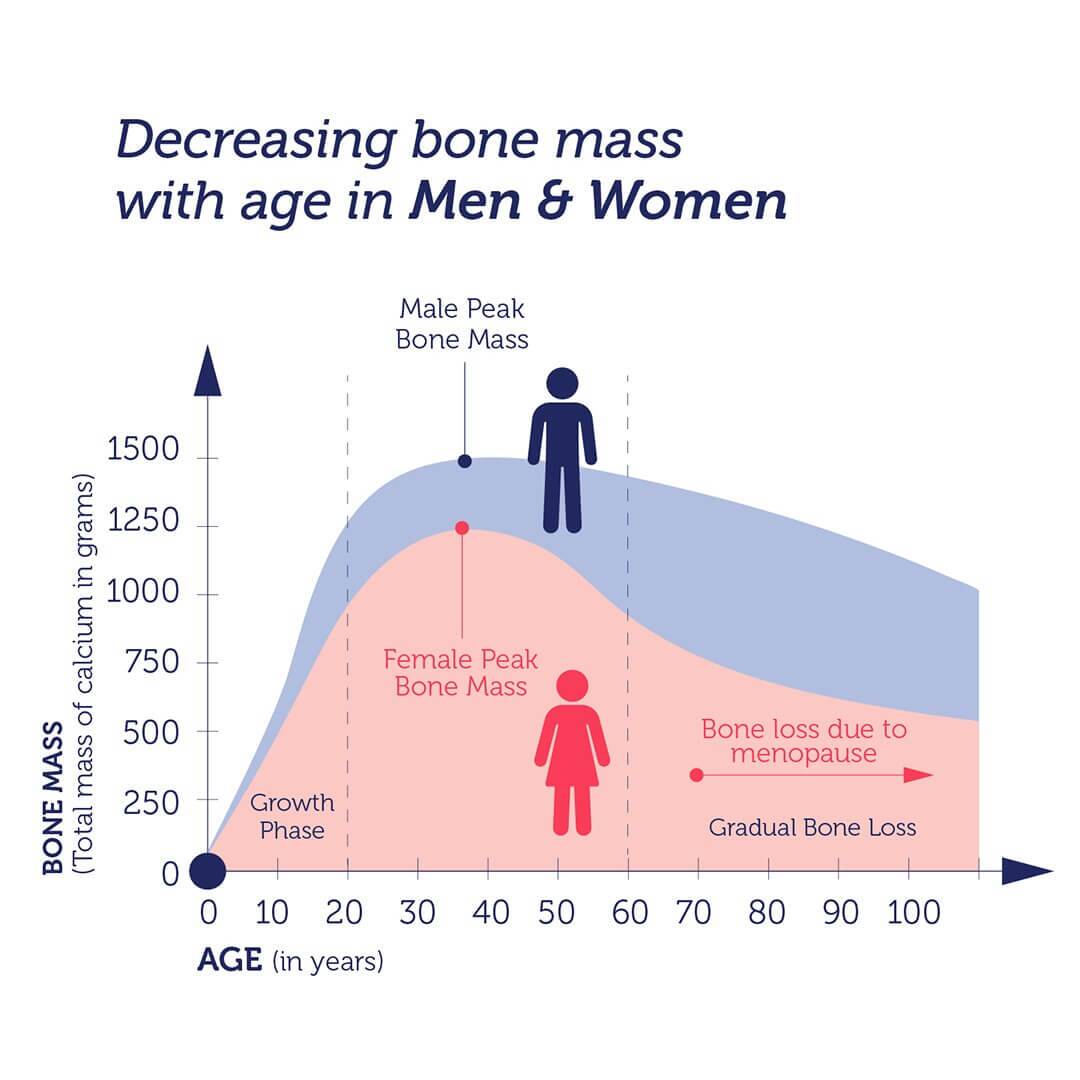
By understanding your genetic susceptibility to osteoporosis, you can implement strategies early to delay the onset of bone health complications and reduce the severity of bone loss.
Variants Tested
- CYP2R1 – Increases the risk of vitamin D deficiency, leading to reduced absorption of calcium. Adequate calcium is essential for healthy bones.
- GC – Increases the risk of vitamin D deficiency and reduced absorption of calcium.
- WNT16 – Increases the risk of reduced bone formation.
- GDF5 – Affects the normal regulation of the maintenance, development and repair of bones, joints and cartilage.
- COL1A1 – Affects the formation of collagen (an essential strength and structural component of bones).
Decreasing Bone Mass with Age in Men & Women
Strong, healthy bones are important for providing structure, anchoring muscles and ligaments, protecting our internal organs and storing essential minerals.
From birth until the age of 30, new bone is produced more quickly than old bone is broken down, reaching a peak bone mass at approximately 30 years of age. Bone remodelling continues throughout adulthood, but bone mass slowly decreases, as the old bone removal is quicker than new bone production. Poor bone growth as a child, and greater than normal bone loss as an adult can both contribute towards an increased risk of osteoporosis.
How it works
Order your kit
Collect your sample
Receive your results
Related Products
$195.00
$195.00
$349.00
$349.00
$195.00

